Nowadays, people generally tend to shift their food habits to vegans. There are many reasons behind this shift, but health is the main drive. Many studies and research have proved how beneficial is the vegan diet for us. It also reduces the risk of many serious diseases such as cancer, diabetes, heart disease, and blood pressure.
To understand the whole concept of veganism, its various types, and its underlying dimensions, we must thoroughly explain it.
Table of Contents
Toggle1. Why do people become vegans?
There are many reasons why people might choose to become vegan. Some people do it for health, environmental, and ethical reasons, and still others for religious reasons.
Ethical reasons: Some do it for ethical reasons, believing it is wrong to exploit and kill animals for food, clothing, or other purposes.
Health reason: some people become vegan for health reasons. They want to lose weight, or they may have heard that a vegan diet is healthier than one that includes meat and dairy products.
Environmental reason: Some people become vegan because they want to help the environment. They might believe that animal agriculture is a leading cause of climate change, or they might want to reduce their carbon footprint.
Religious reasons: some people follow a vegan diet due to their religious beliefs, such as Jainism and 30% in Hinduism, and a few in Christianity and Jews.

2. Four Types of vegans.
- Ethical vegan: They are firmly against animal cruelty, so they have chosen a vegan lifestyle. They don’t see any difference between a dog and a pig or a cat and a fish. They advocate that every animal has the right to live. In their view, slaughtering an animal for eating is wrong; hence, they abstain from involving in any exploitation of animals.
- Environmental Vegans: Environmental vegans are those who become vegan for the planet’s sake to live a greener lifestyle. They believe that by following a vegan diet, one can help in reducing greenhouse gas emissions and pollution. Agriculture farming cause more pollution than the transportation system. They also believe that using vegan would decrease deforestation.
- Health Vegans: Health is one of the most important reasons to adopt the vegetarian diet. The health vegans are a group who adopt this diet for health reasons. Many studies and research has proved that the following diet reduces the risk of developing diabetes and cardiovascular disease. Health vegan is the second most common type of vegan, after ethical vegans.
- Religious Vegans: Religious vegans follow a vegan diet due to their spiritual beliefs. Jainism is an ancient Indian religion whose followers strictly follow a vegan diet. Jainism abstains from all violent activity. They believe their religious behaviour would become worthless if they don’t avoid all violent actions. Some sects of Buddhism, Hinduism, Jews, and Christianity follow a vegetarian diet for religious reasons.
3. Eight types of vegans’ diet.
Raw vegan diet
It is a diet plan in which only uncooked food is consumed as vegan food cooked above 104 Fahrenheit. The followers of this diet believe that food cooked at high temperature loses many vitamins. A raw vegan diet also has wide varieties besides plain salad, such as raw vegan lasagne and raw vegan cheesecake.
Gluten-free, vegan diet
As per its name, this diet contains no animal products or gluten-containing ingredients. People avoid having gluten in their diet for health reasons; celiac disease (an autoimmune disease) patients don’t take gluten because it makes them very ill.
The Fruitarian vegan diet
It consists of only fruits, nuts, and seeds. There are many types of fruitarians. Some Fruitarians only include things that naturally follow from a plant in their diet. (b) Some believe that eating seeds is improper as they are the base for a future plant. (c) some fruitarians also include legumes such as beans, lentils, and peas in their diet. However, fruits are the most focused food in this diet.
Whole-food vegan diet
Whole-food vegan diet: This is a type of vegan that includes lots of whole food such as fruits, vegetables, whole grains, legumes, nuts, and seeds in their diet. They avoid processed vegan food.
Junk-food vegan diet
This diet includes lots of processed vegan food such as vegan burgers, vegan ice cream, and mock meats. This way, these vegans can now enjoy vegan junk food also. But, there are very few vegans who can sustain vegan junk food.
Raw till four vegan diets
As the name suggests, the follower of this diet eats raw vegan food until 4:pm. And after 4 pm, they can also have vegan food cooked at high temperatures.
Paleo vegan diet (vegan diet)
This diet is a variation of the paleo diet or the caveman diet. They follow pure and unprocessed food such as fresh vegetables, fruits, nuts, and seeds, similar to the people from the palaeolithic era or early stone age. Some paleo vegans also don’t include legumes or grains in their diet. They believe that humanity has evolved on this diet plan and will evolve.
Freegan diet
The follower of this diet is called freegans. They consume their vegan food from leftovers from supermarkets and individuals. This is a movement against waste products by capitalist society and dumpster diving.
4. What is veganism?
Veganism is a way of living that seek to exclude, as far as possible, all forms of exploitation of, and cruelty to, animal for food, clothing, or any other purpose.
The term “vegetarianism” was coined in 1944 by Donald Watson, one of the founders of the British Vegetarian Society. The word is composed of the first three letters and the last two letters of the word “vegetarian”, meaning that veganism is an extension of vegetarianism.
Society defined veganism as “the doctrine that man should live without exploiting animals.”
5. What is a vegetarian diet?
According to vegetarian society, a vegetarian diet is a meal plan focusing on food mainly from plants.
It Includes
- vegetables
- fruits
- whole grains
- legumes
- seeds
- nuts
Not Includes
- Meat
- poultry
- Game
- Fish
- shellfish (see food)
- Any by-product of animal slaughter
6. Four most common types of vegetarians.
- Lacto-ovo-vegetarians: These vegetarians stay away from all animal meat but consume dairy and egg products.
- Lacto Vegetarians: They avoid animal meat and egg, but it destroys the dairy product.
- Ovo vegetarians: Vegetarians who repaint from all animal products. Except for eggs.
- Vegan: This vegetarian avoids all animal products and animal-derived products.
7. list of the vegetarian society
Fruitlands a short-lived vegan community established in 1844 by Amos Bronson Alcott in Harvard, They Didn’t Believe in eating meat, owning property, or using animal labour.
- American vegan society was founded in the United States in 1960.
- Christian Vegetarian Association (CVA) was founded in the world in 1999. (Founded in the USA)
- The Dutch society for veganism was founded in the Netherlands in 1978. (previously known as veganistenkring and vereniging veganisten organisatie)
- European’s Vegetarian union was founded in Europe. (Founded in the Netherlands, Currently based in Austria)
- French Vegetarian Society was founded in France in 1882. (founded in Paris, dissolved in 1921)
- Hare Krishna food for life was founded in the world in 1974. (Founded in India, Currently based in Slovenia)
- Indonesian vegetarian society was founded in Indonesia in 1998.
- International Vegetarian Union was founded in the world in 1908. (Founded in Germany, currently based in the UK)
- Peepal Farm was founded in India in 2014.
- ProVeg Germany was founded in Germany in 1892. (Found Vegetarian Deutschland (VEBU), Renamed in 2017 when joining ProVeg International)
8. Most common vegans Beverages.
- Soya Milk
- Coconut Water
- Almond Milk
- Hemp Milk
- Rice Milk
- Acai Juice
- Chai Beverage concentrate-vegan
- Electrolyte Water
- Kombucha Drink
- Sparkling Mineral Water
9. Most common Vegans Dry Fruits
- Cashew Nut
- Walnuts
- Pumpkin Seed
- Sunflower Seed
- Dried Blueberries
- Pine nuts
- Brazil nuts
- Dry Apricot
- Shredded unsweetened coconut
- Dried goji berries
10. Best Fruits for Vegans’ diet
- Apple, Pears, and Grapes
- Blueberries, Blackberries, currant, Cranberries, Strawberries, and Raspberries are berries.
- Orange, grapefruit, Lemon, Pomelo, Mandarin, and Limes are citrus
- Cherries, Peaches, Nectarines, Apricots, and plums are stone fruits.
- Mangoes, Bananas, Kiwifruits, Pineapple, Coconut, papaya, Guava, Dragon fruits, and jackfruits are tropical fruits.
- Watermelon, Honeydew, and Cantaloup are melons.
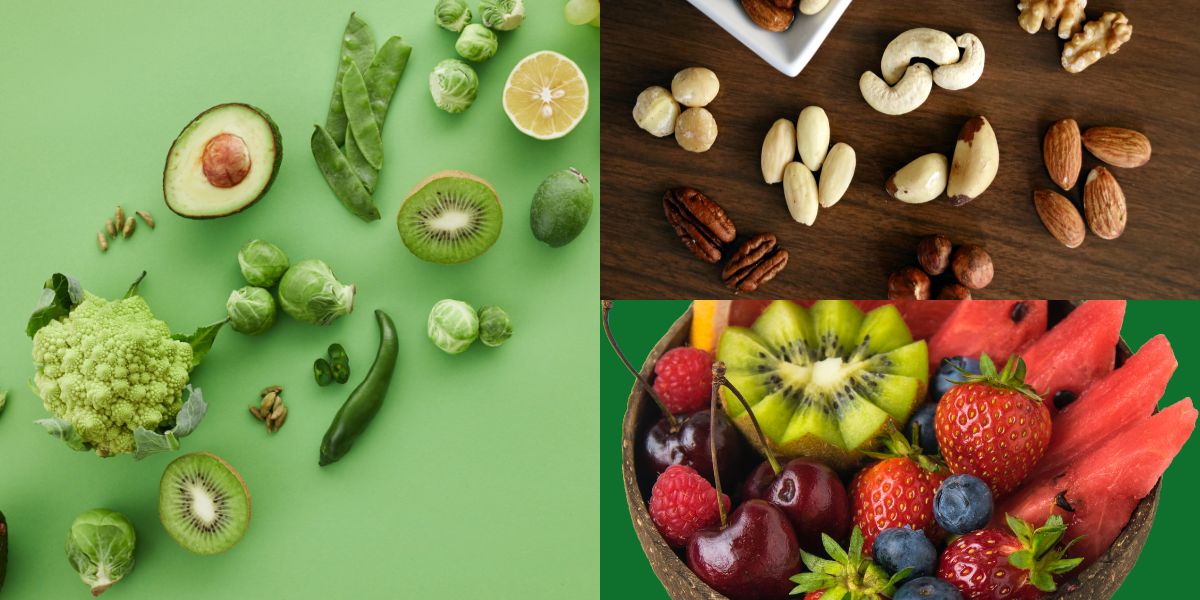
11. Best Vegans Vegetable
- Broccoli, Spinach, Cauliflower, Sweet Potato, garlic, Beetroot, Carrot, Brussel Sprouts, Asparagus, Onion, Peppers, Green Pea, Onion, kale, Zucchini, Tomatoes, and Curly kale.
Conclusion
This article tries to include all vital information about veganism and the vegan diet. It is our Choice which food habit to follow. The excellent pattern varies from person according to their community, religious and moral background, and likes and dislikes.

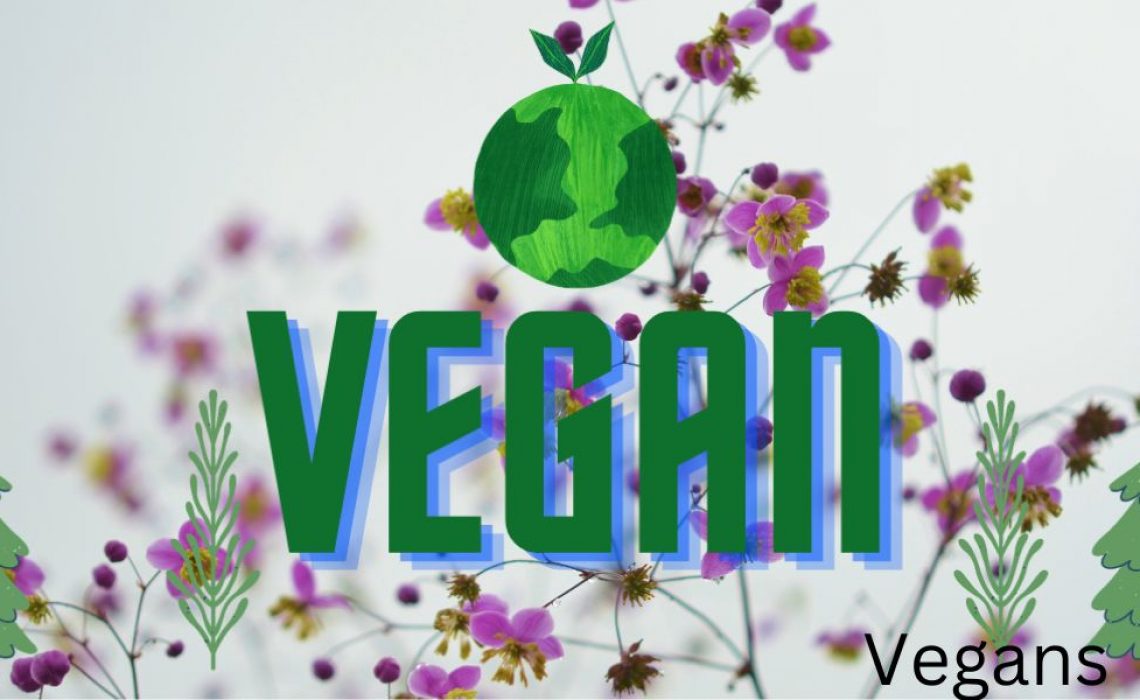
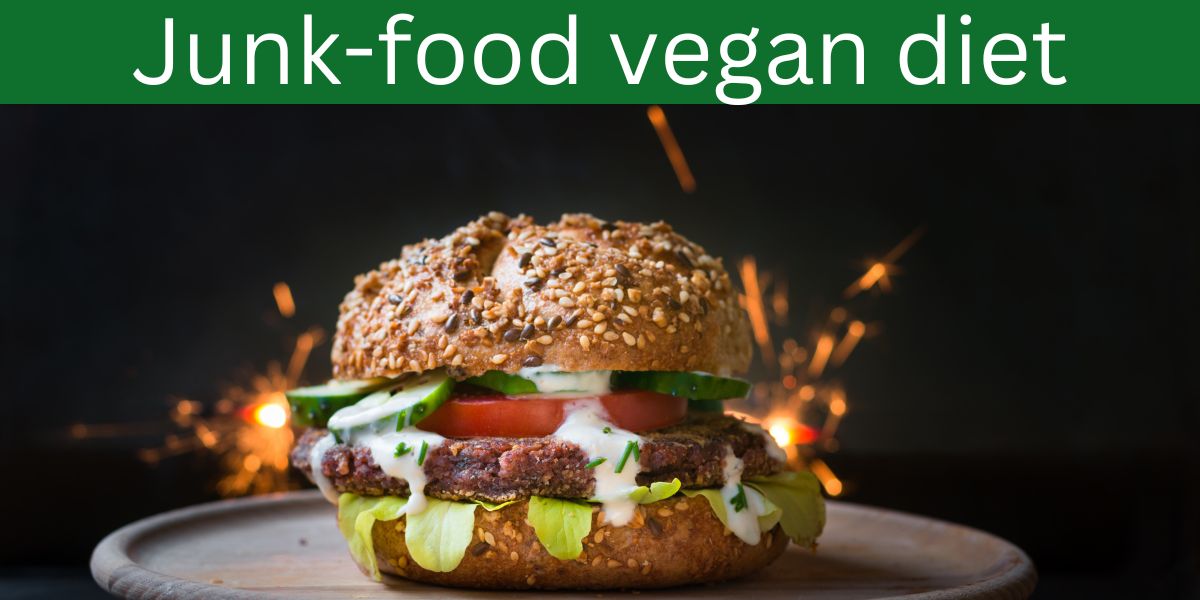
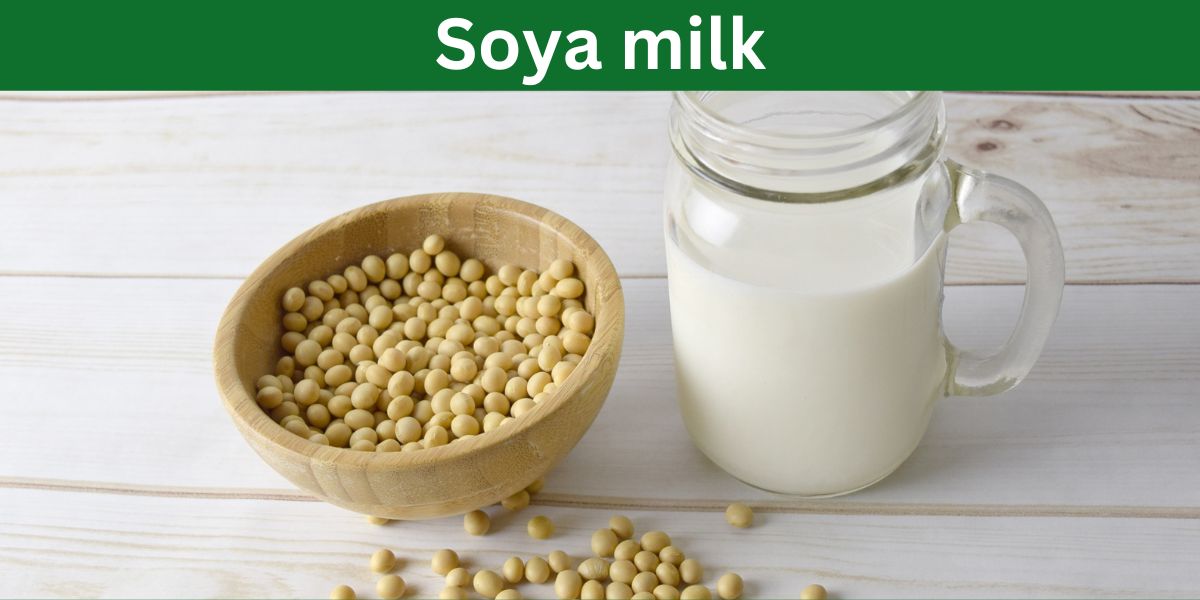
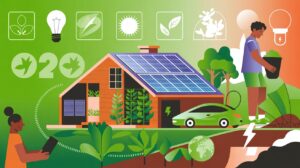
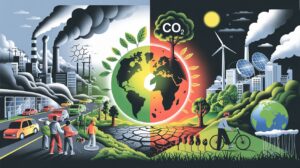



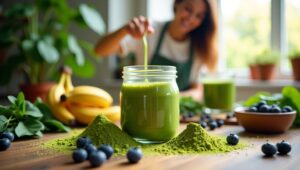


5 thoughts on “The 11 Ultimate Guide for Vegans!”
Pingback: 20 Surprising Fact About Veganism - Easy Life 2 2
Pingback: 10 Ultimate Facts of Plant-Based Diets - Easy Life
Pingback: 10 Utimate guide of Flexitarian - Easy Life
Pingback: 7 Days Plant-Based Diet Menu - Easy Life
Pingback: The WFPB diet is the definitive guide for beginners. - Easy Life